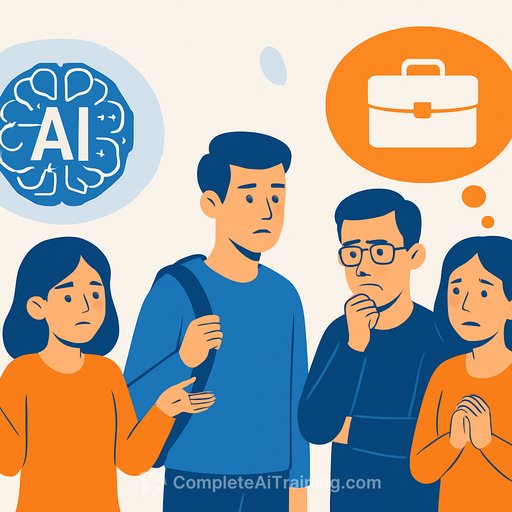UT Austin Proposes Guidelines for Responsible AI Use in Education
The University of Texas at Austin has introduced a new framework to guide the responsible use of artificial intelligence in teaching and learning. The Responsible Adoption of AI Tools for Teaching and Learning framework was announced on May 6 during a campus-wide event and is now open for community feedback until July 31. The University plans to finalize the guidelines before the fall semester begins.
This initiative aims to help students, faculty, and staff use AI tools ethically and effectively within academic settings. The framework focuses on core educational values such as academic integrity, privacy, and critical thinking.
Guidance Rooted in Educational Values
As AI tools become more common on campuses, the need for clear, practical guidance increases. The framework was developed with input from faculty and staff across disciplines, ensuring it reflects the community's values rather than being a top-down policy.
Key voices in the project emphasized the importance of empowering the campus community to make informed decisions about AI. The guidelines provide eight principles designed to support ethical and transparent use of AI in classrooms and beyond.
A Collaborative, Community-Driven Process
Over six months, a working group consulted experts in pedagogy, AI research, data privacy, and ethics to define responsible AI use in education. Their goal was to create a tool that supports everyone involved in teaching and learning—from instructors and students to instructional designers and academic staff.
UT Austin’s approach stands out because it integrates AI guidance directly into its educational mission, preparing students to be both knowledgeable about AI technology and aware of the responsibilities it brings.
Voices from Across the Campus
- Kasey Ford, senior academic technology specialist, highlighted the urgent need for guidance to help the community use AI confidently and responsibly.
- Julie Schell, assistant vice provost, noted that UT’s focus on teaching and learning sets it apart from other research universities.
- Ken Fleischmann, professor and founding chair of Good Systems, emphasized the goal of building effective human-AI partnerships that benefit society.
- Sherri Greenberg, professor of practice and former chair of Good Systems, spoke about bridging the gap between technologists and policymakers regarding AI’s societal implications.
- Robin Lerner from Microsoft stressed the importance of interdisciplinary AI frameworks that prepare students to lead with innovation and trust.
How to Participate
UT Austin invites its community, including students, to review the proposed guidelines and submit feedback by July 31. This input will help ensure the final framework aligns with shared values and supports learning effectively.
The university’s commitment is clear: AI adoption in education should enhance learning experiences while preserving academic integrity and encouraging critical thinking.
For educators interested in exploring AI tools and courses that support ethical and practical AI use in education, resources are available at Complete AI Training.
Your membership also unlocks:






